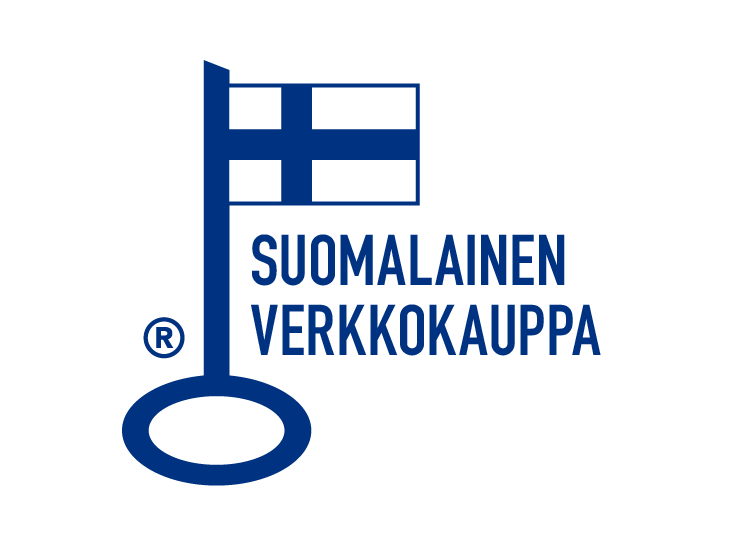The popularity of natural materials as a textile material is slowly growing, and the summer heat has especially made people long for materials that are cooler to sleep in, dry quickly and are wonderfully light and airy to wear. Linen has become a popular material, especially for clothes and towels that are breathable in hot weather. However, linen is not the only more ecological alternative to, say, cotton. Other alternatives include hemp and nettle.
Hemp is a natural material that is one of the oldest crops. Hemp has many good qualities that makes it ideal, for example, for bedding. Although hemp is similar to flax in many ways and both plants soften in use, there are nevertheless major differences in the effects of cultivating these plants, for example. Hemp is also a warmer and softer textile material than cotton.
Why is hemp a more ecological alternative?
Hemp has been used to make textiles for thousands of years, as its fibre is the most durable of all plant fibres. While it is durable, it is also comfortable against the skin. Hemp is a safe material as it does not require the use of pesticides or fertilisers. It also does not need to be irrigated, which greatly reduces the amount of water used to grow hemp.
Hemp is a very productive plant, and its cultivation has a positive impact on soil quality. Hemp is ideal for crop rotation, and when cultivated in this way, it improves the soil structure and eliminates weeds, which in turn improves the harvest yield of the next crop. Hemp is a plant that thrives in a wide range of climates, so it can also be grown in northern climates.
5 reasons to choose hemp
The amount of water. Hemp cultivation requires much less water than growing cotton, the most common textile fibre in the world. Cotton is often grown in areas that are already dry, so using fresh water for farming purposes is problematic for communities in these areas.
Soil improvement. Hemp's strong roots and leafy stem are fast growing. Hence, hemp fields quickly absorb carbon dioxide from the atmosphere and improves the soil with its root system.
Production. Hemp is grown in Europe, which is much closer than textile fibres that are grown in Asia, for example. Locally produced hemp therefore reduces imports from faraway places and, at the same time, supports employment in European regions and the general well-being of people.
Durability. Hemp fibre is one of the strongest fibres in the plant world. It can be made into a very strong and thick fabric, but also into a supple and soft fabric, depending on how it is processed. All in all, hemp is durable and only gets better with use. The more hemp textiles are used and washed, the more they soften.
Uses. Hemp is a versatile plant from which a wide range of raw materials can be derived for a variety of uses. Hemp can be used as nutrition, building material, plastic substitute, paper and biofuel, and these are just the beginning for hemp processing.
Hemp is a natural material that is one of the oldest crops. Hemp has many good qualities that makes it ideal, for example, for bedding. Although hemp is similar to flax in many ways and both plants soften in use, there are nevertheless major differences in the effects of cultivating these plants, for example. Hemp is also a warmer and softer textile material than cotton.
Why is hemp a more ecological alternative?
Hemp has been used to make textiles for thousands of years, as its fibre is the most durable of all plant fibres. While it is durable, it is also comfortable against the skin. Hemp is a safe material as it does not require the use of pesticides or fertilisers. It also does not need to be irrigated, which greatly reduces the amount of water used to grow hemp.
Hemp is a very productive plant, and its cultivation has a positive impact on soil quality. Hemp is ideal for crop rotation, and when cultivated in this way, it improves the soil structure and eliminates weeds, which in turn improves the harvest yield of the next crop. Hemp is a plant that thrives in a wide range of climates, so it can also be grown in northern climates.
5 reasons to choose hemp
The amount of water. Hemp cultivation requires much less water than growing cotton, the most common textile fibre in the world. Cotton is often grown in areas that are already dry, so using fresh water for farming purposes is problematic for communities in these areas.
Soil improvement. Hemp's strong roots and leafy stem are fast growing. Hence, hemp fields quickly absorb carbon dioxide from the atmosphere and improves the soil with its root system.
Production. Hemp is grown in Europe, which is much closer than textile fibres that are grown in Asia, for example. Locally produced hemp therefore reduces imports from faraway places and, at the same time, supports employment in European regions and the general well-being of people.
Durability. Hemp fibre is one of the strongest fibres in the plant world. It can be made into a very strong and thick fabric, but also into a supple and soft fabric, depending on how it is processed. All in all, hemp is durable and only gets better with use. The more hemp textiles are used and washed, the more they soften.
Uses. Hemp is a versatile plant from which a wide range of raw materials can be derived for a variety of uses. Hemp can be used as nutrition, building material, plastic substitute, paper and biofuel, and these are just the beginning for hemp processing.



